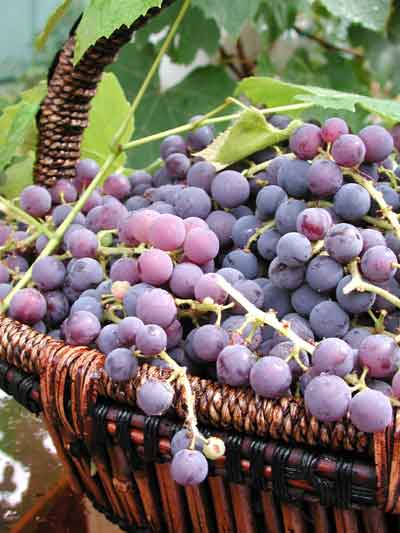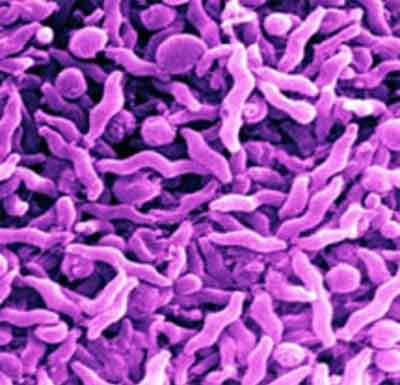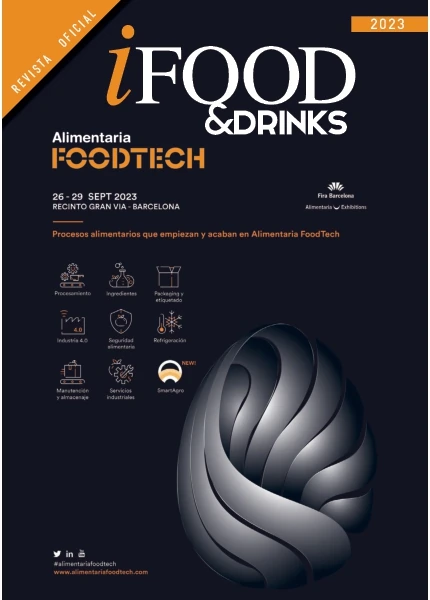A component of the grape could combat the bacteria ' Campylobacter jejuni'
August 29, 2008
As explains Adolfo Martínez-Rodríguez, the main reservoir of ' Campylobacter jejuni' is the gut of various species of birds, cattle and other animals, both domestic and wild. "However, the handling and consumption of chicken meat is the main route of infection in humans", adds the researcher at the CSIC.
From the Centro Superior de Investigaciones Científicas, they point out that to control the bacteria, the food industry used previously to antibiotics, but it is necessary to find alternatives to this practice since the European Union has banned the use of these compounds in animal feed as they were used as growth promoters. "Our working group is focused on the search for new options for the control of ' Campylobacter jejuni' and the use of products of natural origin, such as polyphenols, represents one of the most promising alternatives", manifest explains Martínez-Rodríguez.

Numerous compounds in all plants with different chemical, such as alcohols, flavanols and tannins structures are grouped under the name of polyphenols.
Grape polyphenols, which focusing this research, are found in the seeds of the fruit and their skin (the skins), where are located in greatest concentration. They are crucial in making wine, and because of its antioxidant role, are also used in cosmetic products.
The discovery of the equipment of the CSIC attributed to some of them a new property: its role as active against ' Campylobacter jejuni'. However, according to the Martínez-Rodríguez researcher, the conclusions of the working point to that polyphenols of other vegetables could also act against bacteria. "It is the structure of the compound fenolítico that determines its chemical and biological properties and, consequently, its antimicrobial ability." "With this data, could shelter the polyphenols from plant sources", maintains the expert.
Main cause of intestinal diseases in the world
As explained by Martínez-Rodríguez, the data on the incidence of bacteria are difficult to quantify, especially in developing countries. The European authority of food safety (EFSA, in its English acronym) quantified over 176.000 affected in 2006, 46 cases for every 100,000 Europeans. In Spain, in 2007, 5.889 cases were identified.
The 'campylobacteriosis' symptoms include fever, diarrhea, cramps, abdominal pain. Generally speaking, it's a self-limiting disease, which means that their symptoms go away within a few days or weeks, in case that those affected have no health problems. According to said the researcher at the CSIC, approximately one in 1,000 patients often develop serious sequelae, such as Guilliaín - Barre syndrome acute neuromuscular paralysis. The higher rates of mortality are associated physiological States dietary supplements or other underlying disease, such as cancer.

















































